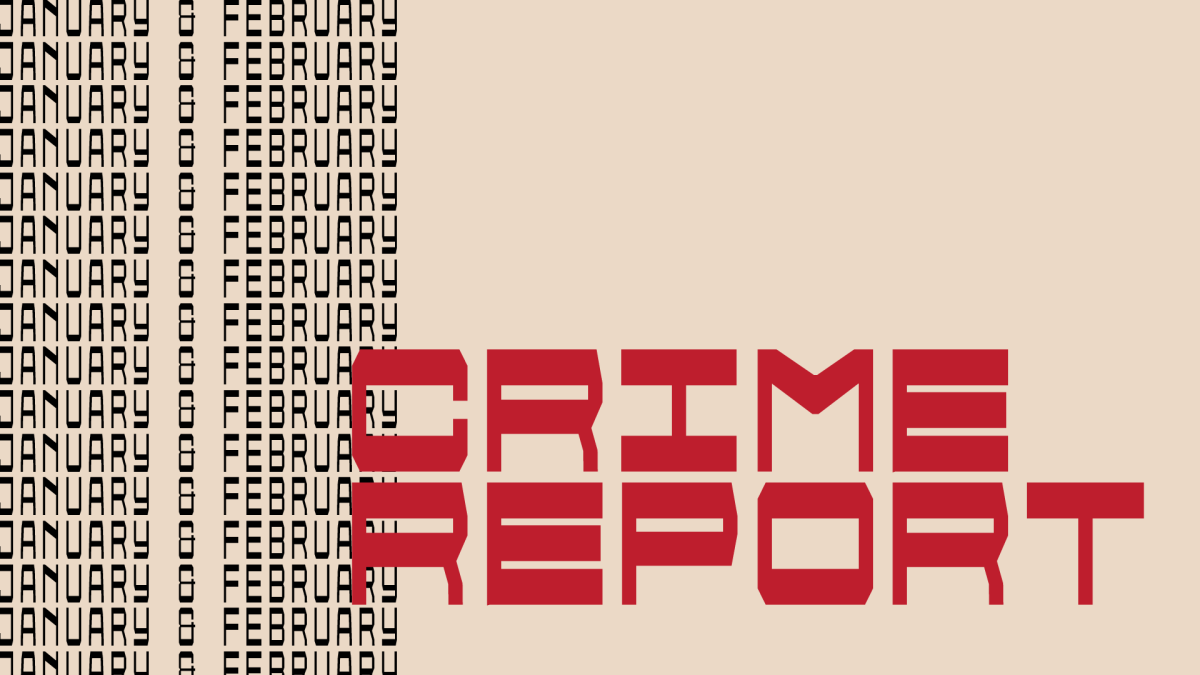Utah Ranks Worst State for Women’s Equality in Recent Study
The University of Utah campus in Salt Lake City, Utah on Oct. 5, 2021. (Photo by Xiangyao “Axe” Tang | The Daily Utah Chronicle)
September 8, 2022
In a 2022 WalletHub study, Utah was ranked as the worst state for women’s equality, with Utah being the lowest overall in the education and income gap categories.
Women earn 30.9% less than men in the state of Utah, according to ABC4. Additionally, 13.5% of men in Utah hold a graduate degree, compared to only 9.2% of women, according to the Utah State University Women and Leadership Project.
Susan Madsen, the founding director of the Utah Women and Leadership Project at Utah State University, said this disparity is due to a deep-rooted culture in Utah.
“It really comes from decades of tradition and really traditional societies, and some societies have been able to move faster than Utah,” Madsen said. “Generally speaking, in more religious and conservative societies you see greater disparities.”
This long-standing culture, said Claudia Geist, associate professor of gender studies and in the Department of Sociology at the University of Utah, is one that encourages mothers to avoid the workforce and focus more on homemaking duties.
“Women were often encouraged to not pursue higher education or stop it earlier, and to focus on domestic responsibilities and have fairly large families,” Geist said.
Geist said many women don’t pursue a higher education or high-level job positions because they feel these types of careers are impossible for them, and being a mother while working a full-time job isn’t an option.
“I feel Utah could do more to open up all the doors to make it seem more achievable to become a woman politician or to be a full time entrepreneur without having to give up on sort of those socialized dreams of also being a mom,” Geist said.
Breaking Tradition
Madsen, who has been researching women’s inequality in Utah for nearly 13 years, said many people don’t realize higher education has other benefits than providing job opportunities.
“Even if women don’t work for pay outside the home, that education is absolutely critical for parenting, and for helping kids and for your service to society,” Madsen said.
According to Madsen, there is still a huge divide between the percentage of men and women earning degrees in STEM due to the career standard for women in Utah.
“More women graduate college in more traditional areas,” Madsen said. “Those messages from the start when they’re young girls, ideas on what degrees are appropriate for girls and what are appropriate for boys are much stronger in the state of Utah.”
This expectation for women to major in non-science areas is contributing to the large income gap between men and women, Madsen said.
“There really is also occupational segregation, which means that the areas that women tend to go into are much lower paying than men’s areas,” she said.
In more recent years, Madsen said, women have started to pursue careers in more men-dominated areas, but in these job areas women are still paid significantly less than their male counterparts.
These employers, she said, begin to pay their employees less overall when women begin to join more masculine professions.
“Areas that used to be more masculine, when they become over 50-60% women, the pay goes down,” Madsen said. “When there are women’s areas that men start coming into, as soon as there [are] more men, that pay starts coming up.”
Change is Slow
While the traditional culture in Utah still persists, many religious leaders in the state are urging women to attend higher education and are emphasizing the importance of schooling, Madsen said.
“When I speak, especially in religious settings, I show quotes from my church leaders that say actually it’s really important for women and men to get their degrees and education,” Madsen said.
According to Madsen, there has been significant improvement in the amount of women obtaining degrees, but there’s room for Utah to improve.
“That undergraduate degree is something that we’ve made progress on, but there’s still this misconception that women are given a bad time when they go for graduate degrees,” Madsen said. “We, by far, have the biggest gap between men and women getting graduate degrees.”
According to Geist, while Utah was ranked lower in certain areas than previous years, this doesn’t mean Utah is getting worse in women’s equality, but is just slower to accept social change.
“In a sense Utah is just a little bit more focused,” Geist said. “It’s just maybe a few decades behind national trends. We see it stronger because we have a stronger local culture, where it’s not as disrupted by modern market forces.”
While Utah is improving in women’s education and will continue to improve over time, Geist said not to expect any noticeable change in the near future.
“I don’t necessarily think Utah will rise quickly anytime soon because social change is slow,” Geist said. “I feel what puts us at the bottom is really the fact that we have the strong cultural forces that would like social change to be slow. Others are faster with social change, and it’s really hard to keep up if you want to be slow.”













John Hedberg • Sep 8, 2022 at 2:17 pm
Stevie,
I’m not Mormon, but even I know, from hanging around Mormon singles, that their leaders advise women to get as much education as they can (including a bachelor’s degree, at a minimum), but when they decide to begin having children, those leaders advise focusing on parenting, if circumstances permit.
Aside from the traditional elements, I can see why. Kids who grow up in a 2-parent home where they get focused attention tend to mature more quickly, do better at school, stay out of trouble and out of prison, and tend to be more successful at life in general than kids who don’t. The statistics are there. It doesn’t have to be the mother that stays home, and I know of Mormon families where it’s the wife who works, but the focus on quality time toward the children is hugely beneficial to the children (and to society), and that’s the scientific reason that backs up the traditional approach.
I have sisters who are hugely successful outside the home, including 2 business owners, one with a STEM doctorate. However, that 2-parent focus on the best interests of children is something they believe in, since we grew up without that, and we know the difference first-hand of going without a lot of things other families’ children take for granted. As children, it is so much harder!
My parents’ families (both sides) are Christian, but also big believers in education, and for 75 years or more, women on both sides have done whatever they pleased. Those who chose to went to college. Those who chose not to weren’t judged as being lesser, because their focus was just as important, in human terms and in personal terms. Not judging others used to be a core Liberal principle, and whatever anyone chooses to pursue, who are we to say they’re wrong as diverse individuals who know themselves, with Love?
If women spend less time in the outside workforce, there’s nothing wrong with that, just like there’s nothing wrong with choosing to be a combat pilot or an astronaut. If you respect life and you respect choice, you should be fine, either way.
If people have different values, or come from a different culture, aren’t we being a little bit ignorant assuming that we know better about their choices than they do? What if it turns out that their culture is actually the better choice, for them?
Just a thought to consider.
Equal opportunity appears to be the norm, even here in Utah, so assuming everyone else’s diverse life outlook is “behind” your own may be presumptuous and a little bit arrogant. How can you be “inclusive” of someone whom you disrespect so clearly?
Best Regards, with Love,
J Hedberg